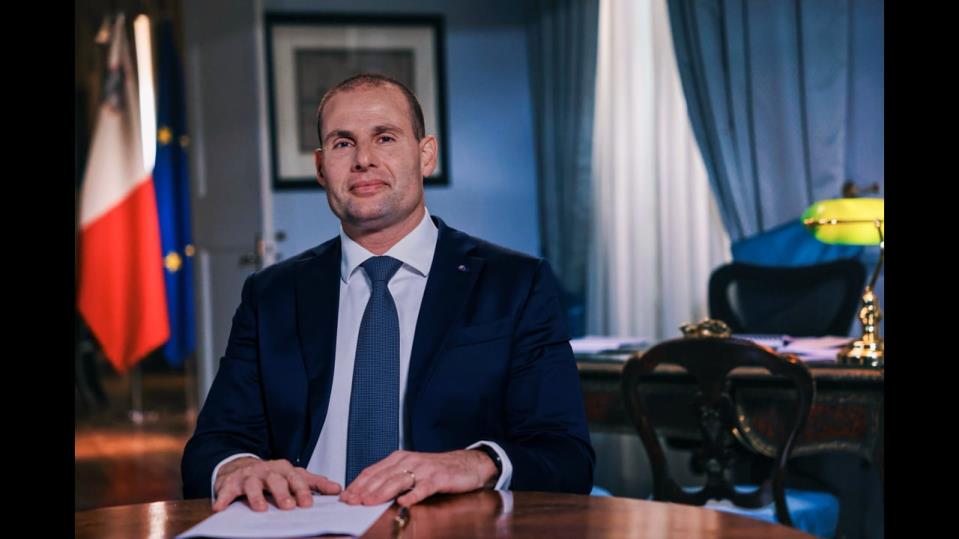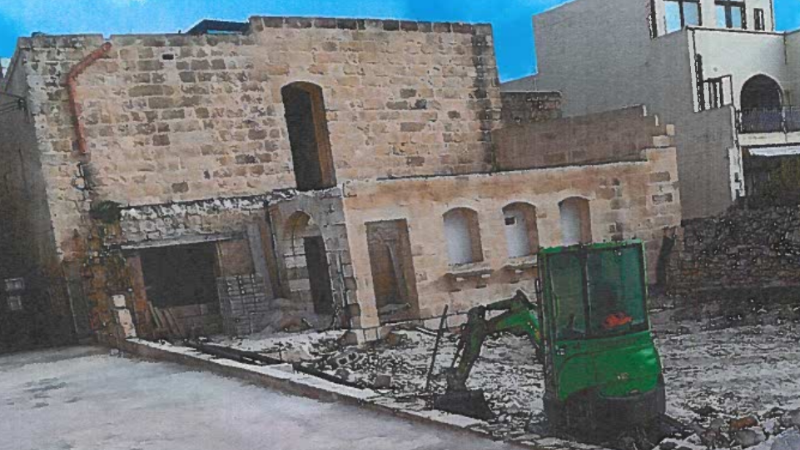By Sarah Clarke, Advocacy Manager, PEN International.
This is a dark day for Malta. One year since the brutal assassination of the country’s leading investigative journalist, Daphne Caruana Galizia, we are witnessing a situation of impunity for those who commissioned her murder and for the crimes upon which she was reporting.
What is striking from our international freedom of expression mission to Malta are reports of insidious self-censorship from journalists, writers and artists. A climate of fear is growing. We know that impunity fosters violence and critical voices feel deeply vulnerable.
We have been shocked by the vitriolic and divisive discourse dominating public debate here in the heart the EU. Commenting on this concern during our meeting with the Prime Minister and Minister for Justice, PEN International’s Director, Carles Torner, said, “This political murder was a product of hate, and hate is manufactured with words. There has been no accountability for the denigrating comments about Caruana Galizia from authorities at the highest level.” On the six month anniversary of the her assassination, PEN International, led by Margaret Atwood, Salman Rushdie, Neil Gaiman and two hundred other leading world writers, highlighted our concerns with the comments of Jason Micallef, Chair of Valletta 2018, who repeatedly and publicly mocked Caruana Galizia and called for the removal of the protest monument calling for justice in her case. Six months later, he remains in his position, tasked by the European Commission with promoting culture and media freedom in the country. This is unacceptable. In our meeting with the Prime Minister we reiterated our call that Micallef be immediately removed from his post.
We are also appalled by the government’s blockade of the protest memorial calling for justice for Daphne Caruana Galizia. This is a completely disproportionate response to a legitimate peaceful protest calling for justice for the murder of a journalist. As leading international free expression organisations, we experienced this ourselves when the flowers and candles we laid in protest for justice for Daphne were removed just hours after we left them on Sunday. We have never witnessed this behaviour in any other country. This is not normal. We insist that the protest memorial be allowed to remain until such time as full justice for Daphne Caruana Galizia has been achieved.
Yesterday we monitored two of the libel cases which senior government officials, Keith Schembri and Konrad Mizzi, are pursuing posthumously against the family of Daphne Caruana Galizia. Neither appeared in court and the cases will once again drag on. Legally harassed in life and in death, this is unacceptable. Once again, we have never witnessed the legal abuse of the family of a murdered journalist in this manner. It must stop.
Malta’s international reputation has been tarnished by this assassination and the impunity in its aftermath. The country will come before the United Nations for its human rights review just one month from now.
Today it more urgent than ever that a public inquiry is immediately and unequivocally instituted to establish whether Caruana Galizia’s life could have been saved. At this time, Malta feels unrecognizable to many of its people. It must urgently return to a path of true freedom of expression, the most essential pillar of any democracy. Only when lessons have been learned and implemented in this case will critical voices here feel safe to speak.













